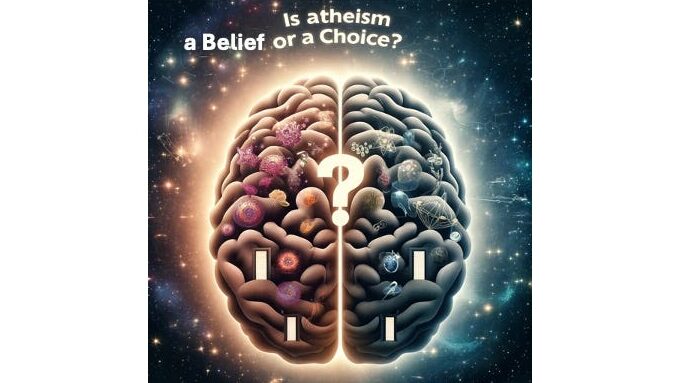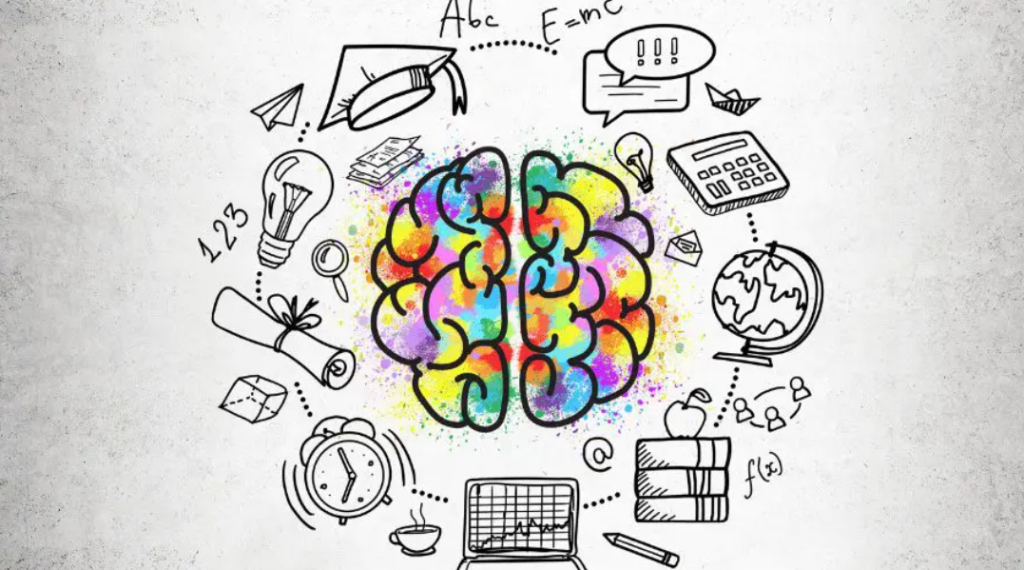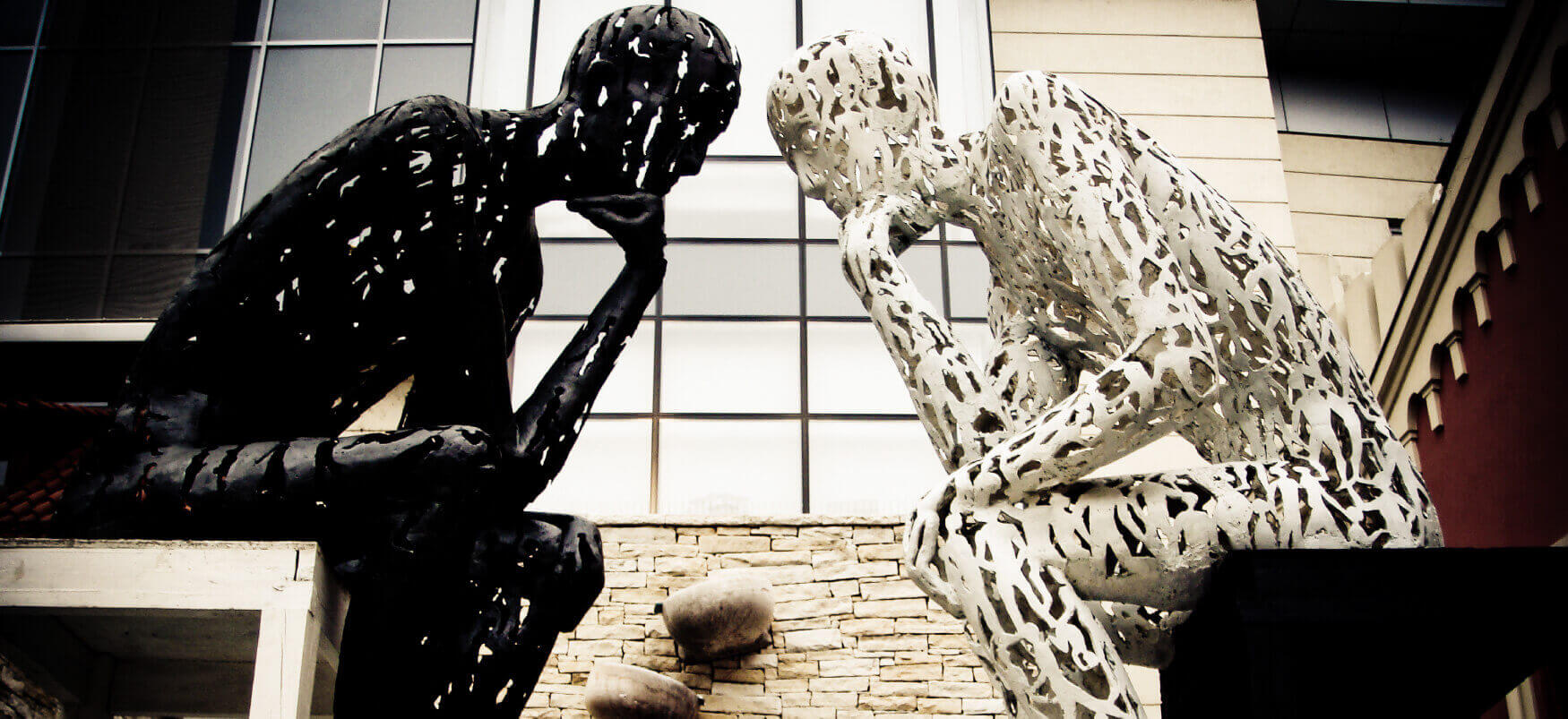Navigating the Complexities of Faith, Deception, and Critical Thinking Across Cultures

The human mind is a curious organ, ever-searching for meaning and understanding in a complex and often bewildering world. Religion and mythology have historically served as frameworks for interpreting existence, offering narratives that answer profound questions about life, purpose, and the cosmos. Conversely, atheism challenges these traditional narratives, positing a worldview grounded in empirical evidence and scientific reasoning. This article delves into the dynamic between atheism and mythological fraud, examining how skepticism can safeguard against deception while also exploring the nuances of belief systems.
Mythological Fraud: The Creation and Spread of Deception

Mythological fraud encompasses a wide range of deliberate deceptions, from false religious relics to fabricated legends and scriptures. These deceptions exploit the trust and faith of individuals, often for personal gain, social control, or political power. Throughout history, numerous examples illustrate the prevalence and impact of such frauds across different religions.
Religions and their respective examples of scam and fraud

There are many religions and the frauds they’re doing in the name of religion. Here are some major religious examples of them:
In Hinduism, some self-proclaimed godmen or spiritual leaders have been exposed to fraudulent activities. One notable example is Sathya Sai Baba, who was accused of faking miracles and using his position for financial and sexual exploitation. Another is the case of Swami Nithyananda, who has faced multiple allegations of sexual abuse and fraud. These individuals leveraged their spiritual authority to deceive followers, often resulting in significant personal and financial harm to devotees.
One of the most notorious cases is that of the Shroud of Turin, a linen cloth purportedly bearing the image of Jesus Christ. Despite numerous scientific investigations suggesting it dates back to the Middle Ages, many still venerate it as a holy relic. Another example is the supposed discovery of the True Cross by St. Helena, which led to the proliferation of relics claimed to be pieces of the original cross on which Jesus was crucified.
Additionally, televangelists like Jim Bakker have been involved in scandals where they misled followers for financial gain. Bakker was convicted of fraud and conspiracy in 1989, illustrating how religious leaders can exploit faith for personal enrichment.
Islam also has its share of mythological fraud and deceptive leaders. One example is the case of Mirza Ghulam Ahmad, the founder of the Ahmadiyya movement, who claimed to be the Mahdi (the prophesied redeemer) and the second coming of Jesus. His claims were met with skepticism and controversy within the broader Muslim community. Additionally, figures like Zakir Naik have been accused of spreading misleading information and using religious rhetoric to amass wealth and influence.
In Buddhism, false relics and fraudulent monks have also been reported. The Emerald Buddha, a highly revered statue in Thailand, has legends surrounding its origins that blend fact and fiction. While the statue is a genuine cultural artefact, its history is shrouded in myth. Additionally, cases of fraudulent monks, such as Wirapol Sukphol, who was defrocked for numerous criminal activities including fraud and sexual misconduct, highlight how religious figures can exploit their positions.
Atheism: A Counterbalance of Skepticism

Atheism, in its simplest form, is the absence of belief in deities. It is often accompanied by a broader skepticism towards supernatural claims and mythological narratives. This skepticism is rooted in the application of the scientific methodology and critical thinking. Atheists argue that empirical evidence and reason should be the foundation for understanding reality.
The rise of atheism in modern society can be traced back to the Enlightenment, a period marked by a shift towards scientific inquiry and away from religious dogma. Prominent thinkers like Voltaire, David Hume, and later, Charles Darwin, challenged established religious narratives with evidence-based arguments. The publication of Darwin’s “On the Origin of Species” in 1859, for instance, fundamentally altered the way humanity perceives its origins, providing a naturalistic explanation for the diversity of life.
Atheism does not merely reject religious and mythological claims; it also encourages a rigorous examination of evidence and fosters an environment where ideas can be freely questioned and debated. This critical approach serves as a powerful tool against mythological frauds, helping to reveal deceptions and prevent their spread.
The Intersection of Myth and Meaning

Despite the prevalence of mythological fraud, myths themselves are not inherently fraudulent. Myths have historically played a significant role in human culture, serving as vehicles for conveying moral lessons, cultural values, and existential insights. The works of Joseph Campbell, particularly “The Hero with a Thousand Faces,” illustrate how myths from diverse cultures share common archetypes and narratives that resonate with the human experience.
From the epic tales of Homer to the rich tapestry of Hindu mythology, these stories provide a framework for understanding the human condition. They offer a sense of identity and continuity, linking individuals to their cultural heritage. In this context, myths can be seen as symbolic truths, rather than literal ones, providing meaning and coherence to human life.
Atheism and the Appreciation of Myth

Interestingly, atheism does not necessarily entail the rejection of all mythological narratives. Many atheists appreciate myths as cultural artefacts, recognizing their value in shaping human history and consciousness. They can approach these stories with a sense of literary and philosophical appreciation, rather than religious reverence.
For instance, Richard Dawkins, a prominent atheist and evolutionary biologist, acknowledges the literary and cultural significance of the Bible, even while rejecting its supernatural claims. This nuanced approach allows for a deeper understanding of how myths influence human thought and behaviour without succumbing to their literal interpretations.
The Role of Education and Critical Thinking

A robust education system that emphasizes critical thinking and scientific literacy is essential in combating mythological fraud. By teaching individuals to question assumptions, evaluate evidence, and distinguish between credible and dubious claims, society can foster a more informed and discerning populace.
Educational initiatives should focus on the development of analytical skills, encouraging students to engage with diverse viewpoints and understand the historical and cultural contexts of various belief systems. This approach not only combats fraud but also promotes a more tolerant and open-minded society.
Technology and the Spread of Information

In the digital age, the rapid dissemination of information presents both challenges and opportunities in the fight against mythological fraud. The internet allows for the swift spread of both credible information and deceptive myths. Social media platforms, in particular, can amplify misinformation, making it more difficult to discern fact from fiction.
However, technology also offers tools for verification and fact-checking. Websites like Snopes and FactCheck.org provide valuable resources for debunking false claims and exposing fraud. Additionally, the scientific community can leverage digital platforms to share research findings and promote evidence-based knowledge.
The Psychological Appeal of Myths

Understanding the psychological appeal of myths is crucial in addressing why individuals may fall prey to mythological fraud. Myths often provide comfort and a sense of order in a chaotic world. They offer explanations for the unknown and foster a sense of community and belonging.
Carl Jung’s concept of the collective unconscious highlights how myths tap into deep-seated archetypes and symbols that resonate universally. These shared symbols and narratives fulfil psychological needs, making myths compelling even in the face of contradictory evidence.
Recognizing this psychological dimension can inform strategies to counteract mythological fraud. Efforts to debunk myths should consider the emotional and psychological factors that make these narratives appealing. Providing alternative sources of meaning and community that fulfil similar needs can be more effective than simply presenting factual rebuttals.
A Balanced Approach to Belief and Skepticism

The interplay between atheism and mythological fraud reveals a complex landscape of belief, skepticism, and human psychology. While atheism provides a critical counterbalance to the potential for deception inherent in mythological narratives, it also recognizes the cultural and symbolic value of myths.
A balanced approach that combines rigorous skepticism with an appreciation for the role of myths in human culture can help navigate this terrain. Education, critical thinking, and technological tools are essential in combating mythological fraud while understanding the psychological appeal of myths can foster more effective and empathetic communication.
Fulfilling a discerning and open-minded populace is crucial in a world where information and misinformation coexist. By embracing both the scientific quest for truth and the cultural richness of mythological narratives, society can build a more informed and cohesive future.
Write with us✍?
TeamUgtWorld warmly welcomes everyone! If you have something on your mind that you’d like to write about, we invite you to publish your thoughts on our platform @Ugtworld. To learn more, please click on the link provided below.


